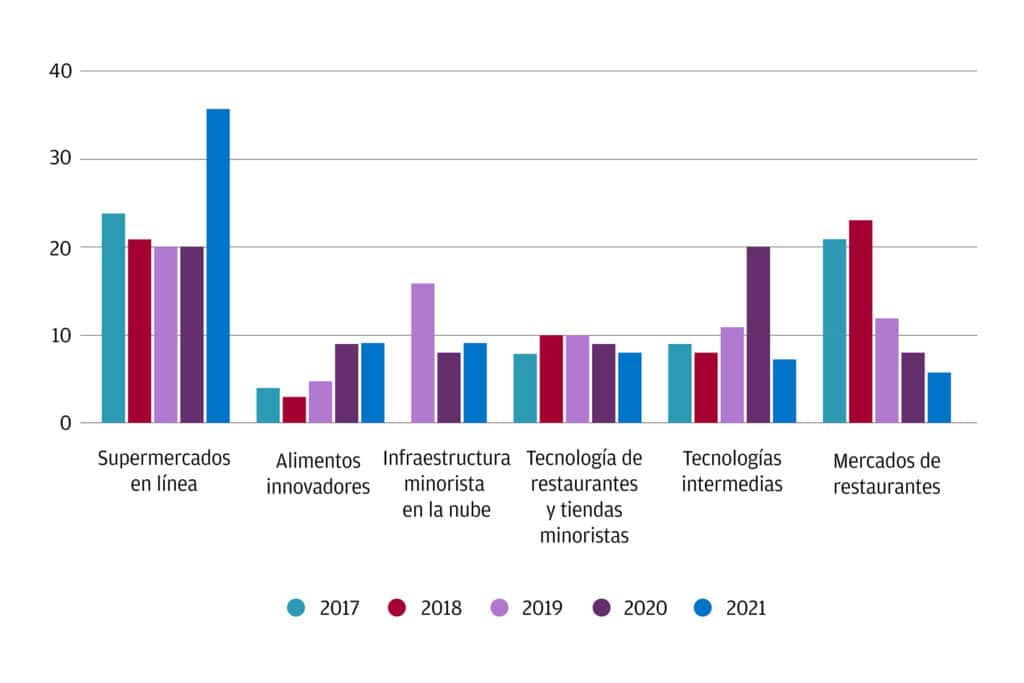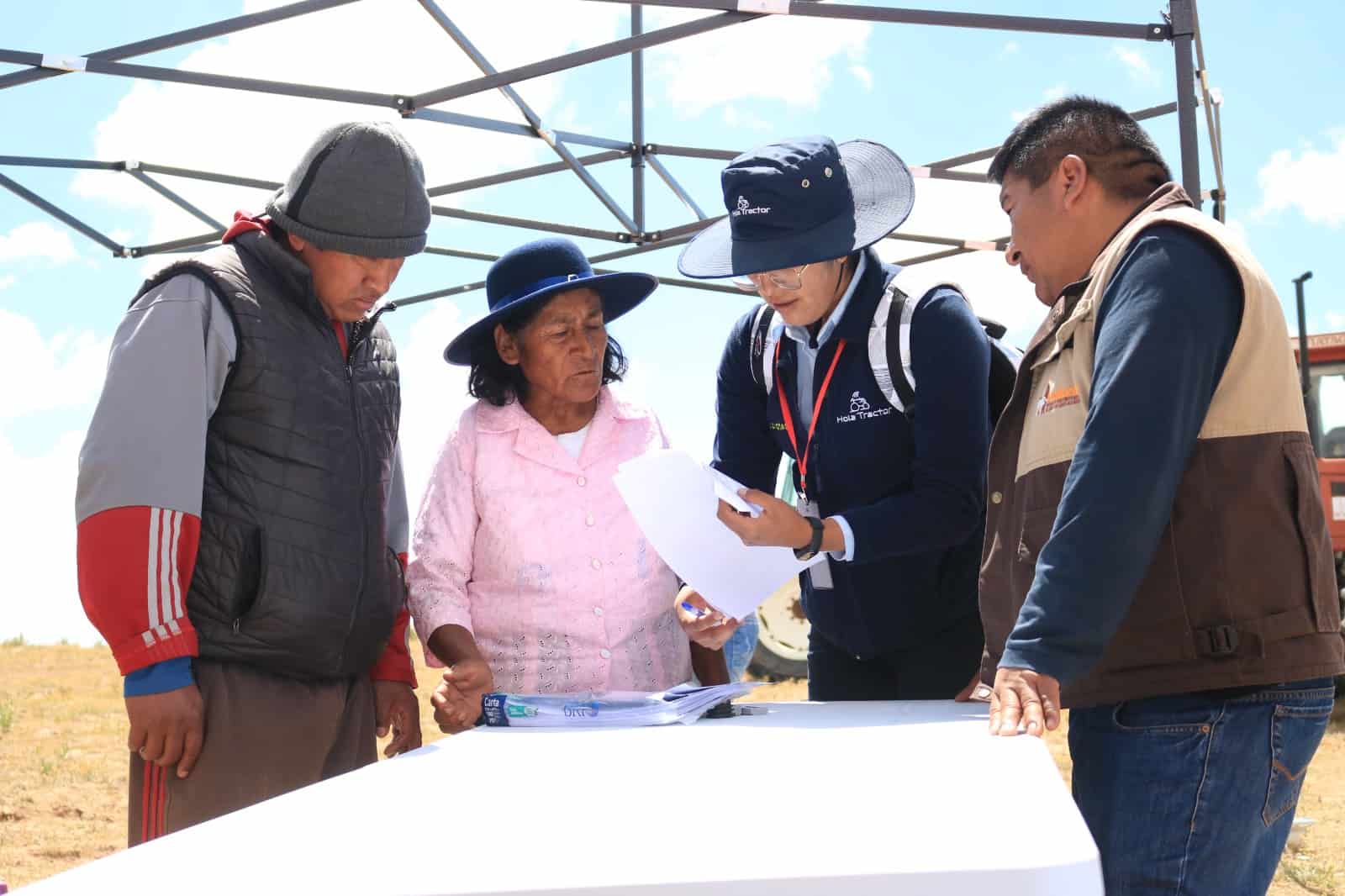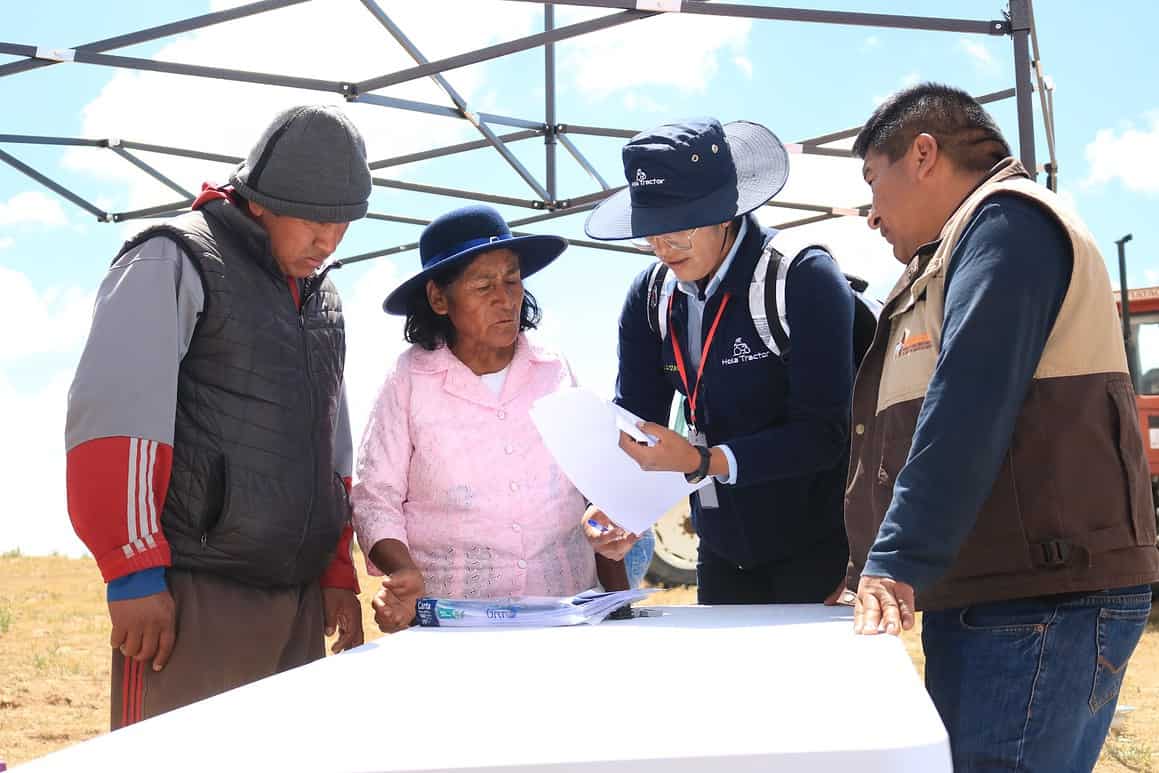A group of 12 startups from Latin America and the Caribbean is making a significant difference in rural development in Mexico, El Salvador, Honduras, Bolivia, Guatemala, and Haiti. With funding from the International Fund for Agricultural Development (IFAD) and management by German Sparkassenstiftung, the Innovatech project surpassed all expectations by benefiting around 21,000 rural households in just one year.
Enrique Hennings, Head of the Multi-country Office for Mesoamerica, the Caribbean, and Mexico of IFAD, emphasized that the initiative creates new opportunities for rural development in these countries. “Innovatech facilitates access to financial services and advanced agricultural technologies for small producers,” he said.
The program has reached 131% more households than initially projected and has benefited 9,400 women, 6,500 young people, and over 10,000 individuals from indigenous communities.
Christina Olsen, Director of the Innovatech Project, highlighted that this alliance between startups and small producers is positively impacting areas like economic development, financial inclusion, and sustainability in rural communities.
With funding of USD $2.2 million, Innovatech and its associated startups are improving access to ecommerce, and mobile banking services through applications, online educational resources, and agricultural management tools.
In this context, it is relevant to consider the broader picture facing Latin America. According to data from J.P. Morgan, the region is becoming increasingly significant as the world’s breadbasket, with its agricultural and food exports constituting 16% of the global total. Both demand and agricultural production are expected to continue growing, making the role of initiatives like Innovatech even more crucial for the development and agricultural sustainability in the region.

This project aligns with the need to increase agricultural productivity and sustainability in Latin America, providing critical tools to meet the challenges of rising demand and the need for more sustainable practices. All of this becomes even more significant in the context of global challenges, such as the COVID-19 pandemic.







